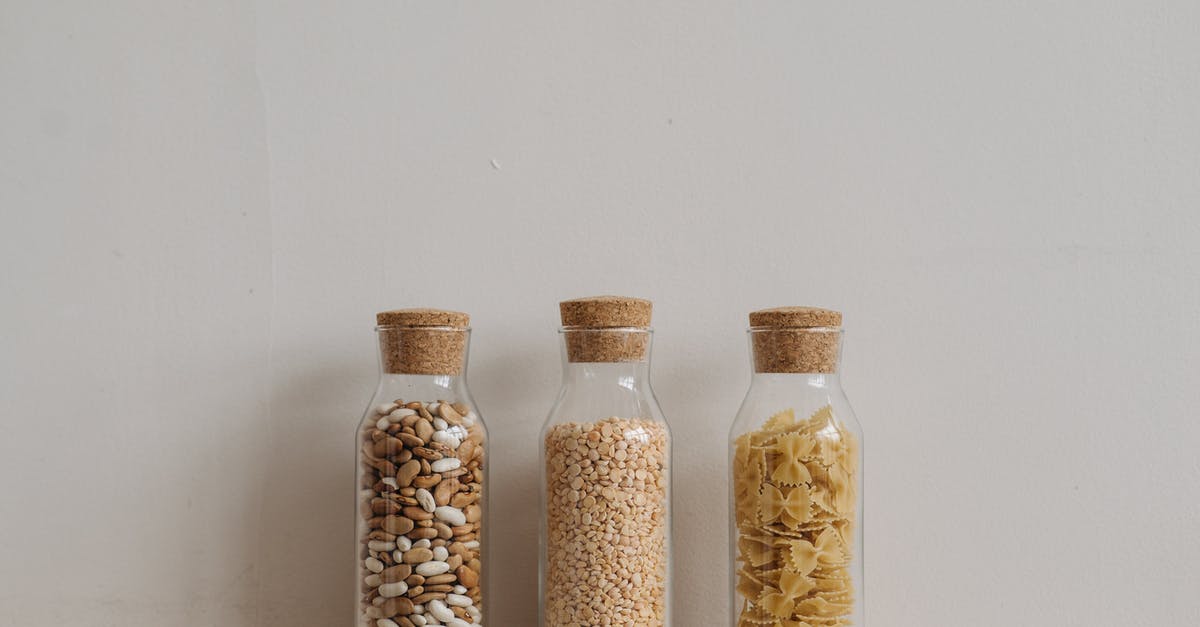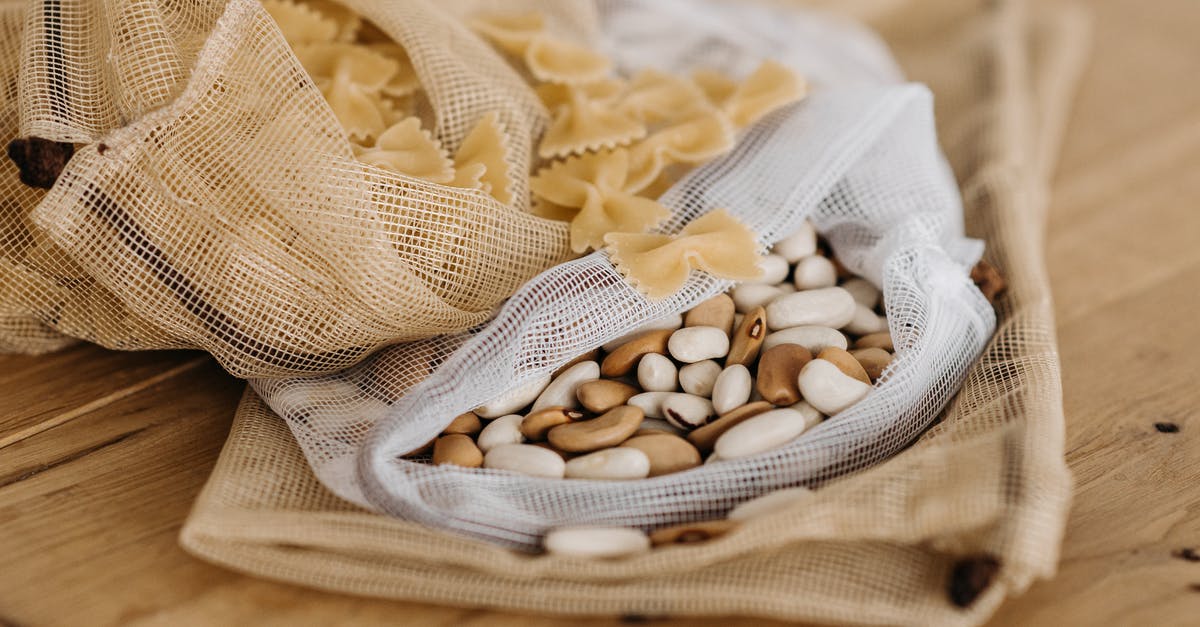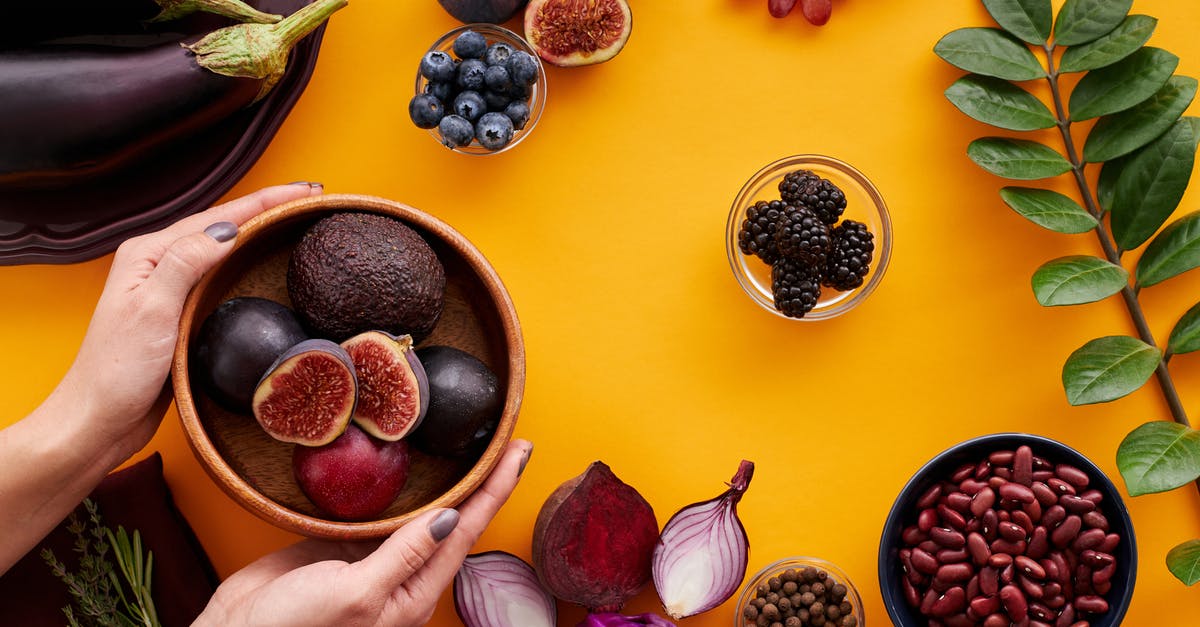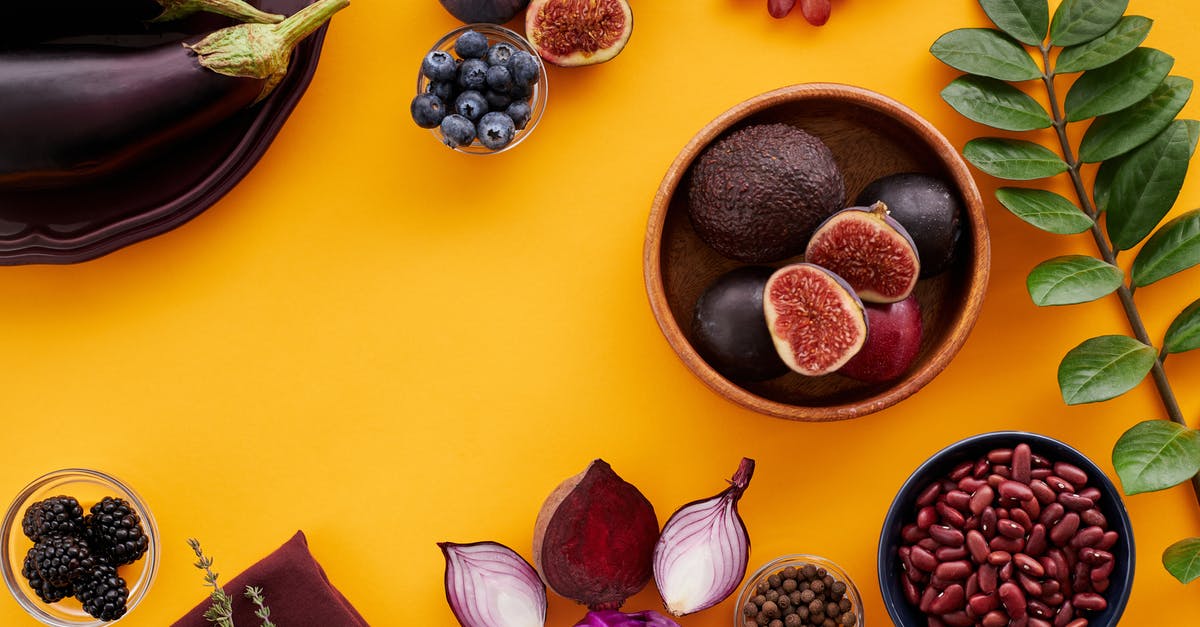Undercooked beans in chili?

I made a bit of a mistake, being a lazy bachelor and inexperienced at cooking. I was making chili and when it came time to add beans I discovered I didn't have any canned beans. I did however have some dried beans. I decided to save time and add these directly to the pot of chili and add some water.
However, after much simmering the beans maintain a certain unpalatable crispness. I have also read that undercooked beans contain a chemical lectin which can cause stomach discomfort. I have also read that beans should be soaked, the water discarded to remove the lectin, and then boiled to cook them.
Is there any way to salvage this? Should I just continue cooking the chili for hours? Will I have to throw out my potentially delicious chili?
Best Answer
It looks to me like you have a couple of things going on here:
- You are worried about the safety of undercooked beans
- You want your beans to be palatable
To address the safety issue, I think we'd need to know more about the kind of beans you're using. Kidney beans are the ones most well known to be toxic if they are undercooked. Other beans, say, great northerns, or pintos, wouldn't have the same problem.
Then again, you still want a chili that is edible.
You certainly can cook dried beans, but there are a few factors getting in your way.
- They do take a while. I cook beans fairly often in our house. Even after an overnight soak, they still often take (depending on the kind of bean) 2 1/2 hours at a low simmer.
- Then you have the acid issue. Most chili is tomato-based, and even those that aren't usually have some other sort of acid. I'm going to go out on a limb and guess that yours does. Acid does inhibit the softening of beans, and this can work for you or against you. Many (non-texan) chili cooks find that the acid keeps the pre-cooked beans from turning to mush. On the other hand, the amount of tomatoes in most chilis means that you could boil for weeks, and those beans will probably remain hard.
- Lastly, I'm guessing that you don't cook with dried beans too often. I don't mean that to be an insult--I've actually done the exact same thing as you, and found myself coping with a pot of chili full of hard beans that I owed to a football party. The reason that I bring this up is that, believe it or not, dried beans actually go stale. If they're old, they may never soften.
As I mentioned, I did have this same thing happen to a pot of my chili. If memory serves, I sat there fishing out each bean for probably longer than it was worth.
Pictures about "Undercooked beans in chili?"



Can I fix undercooked beans?
Soak them again in warm water for another two hours or so. When the beans are done soaking, add fresh water to the pot. And re-season them by adding all the ingredients you needed. Then cook them until the tenderness is perfect.Why are my beans still hard in chili?
You've Added an Acid Too Soon The most common mistakes people make when making recipes like chili with dried beans is adding the tomato ingredients too soon. The acid prevents the beans from soften (It can prevent other foods like potatoes from softening as well).How do you fix raw beans in chili?
Are slightly undercooked beans safe?
Eating raw or undercooked kidney beans can lead to food poisoning, including symptoms such as nausea, vomiting and diarrhea. Only a few beans are needed to cause poisoning. Kidney beans, or red beans, contain a natural protein, Lectin, that is found in many plants, animals and humans.Instant Pot Chili with Dry Beans
More answers regarding undercooked beans in chili?
Answer 2
If you cook them long enough, they'll still soften up, you just might have to simmer them overnight or even into the next day.
Although I'll refrain from the obvious jokes, prolonged cooking also reduces one other common side effect of beans. I'm sure you can guess what the side effect is.
Sources: Stack Exchange - This article follows the attribution requirements of Stack Exchange and is licensed under CC BY-SA 3.0.
Images: Vero Andrade, Erik Mclean, Yana Nadolinska, Jean-Baptiste Platteau
